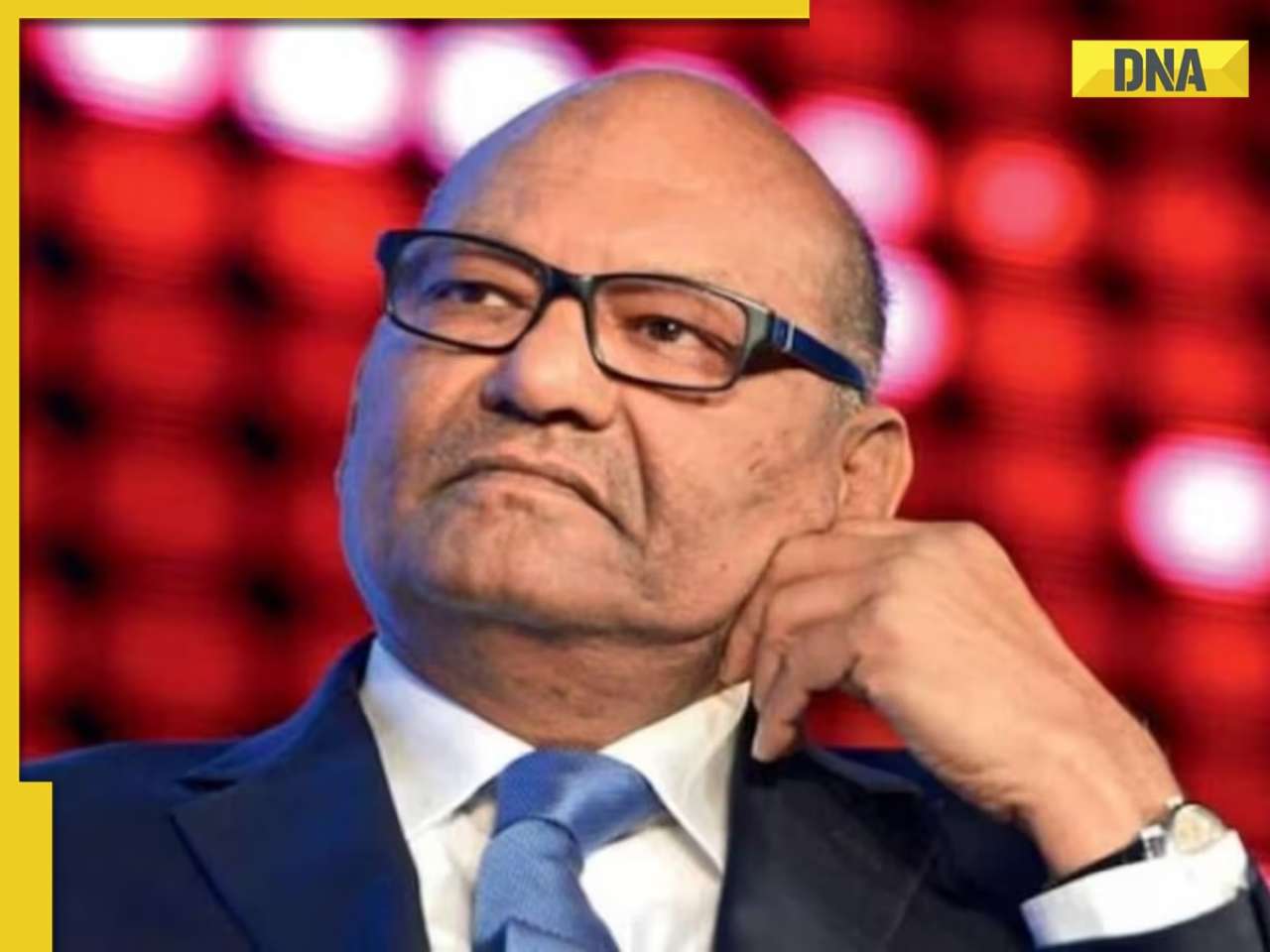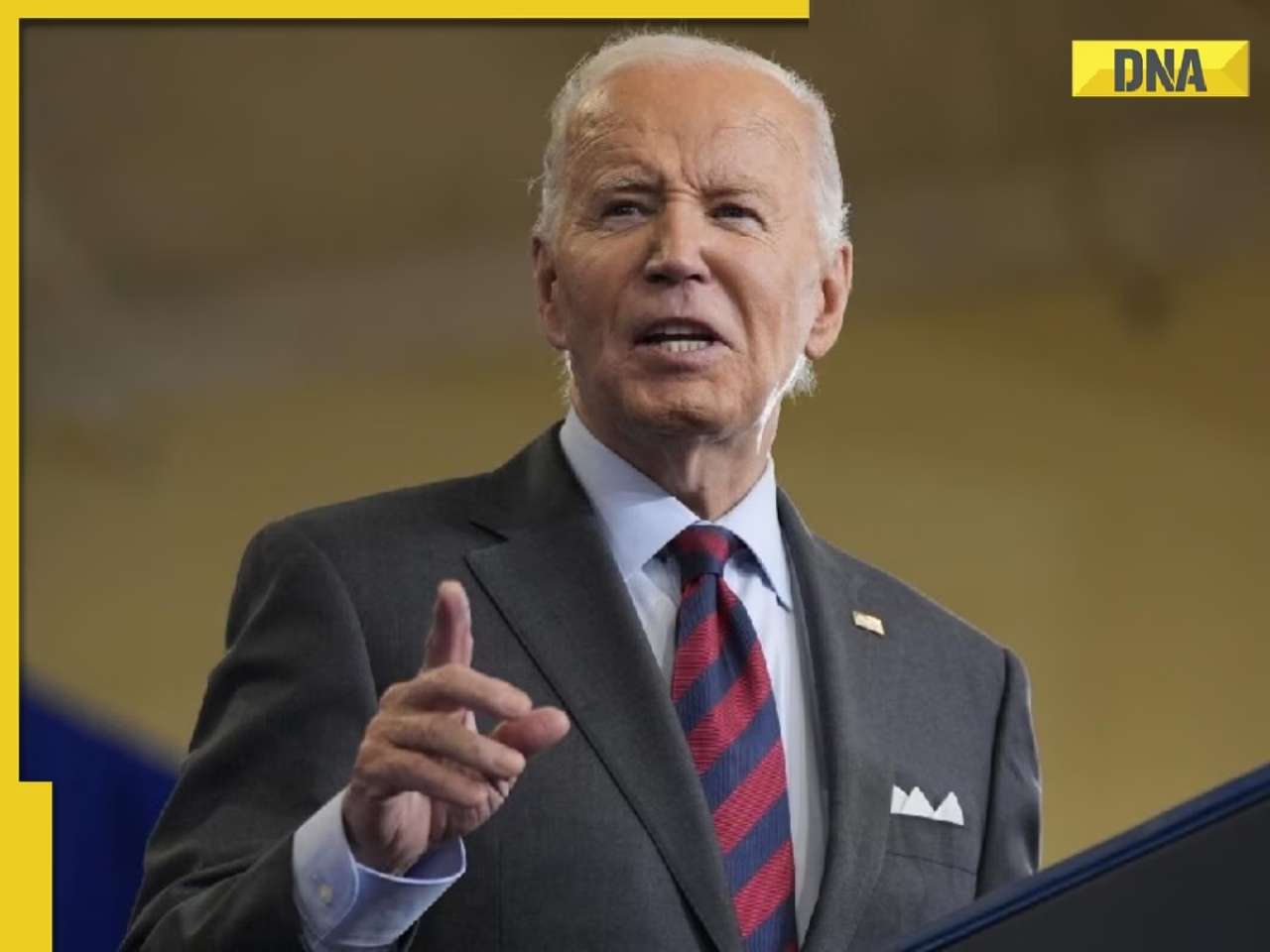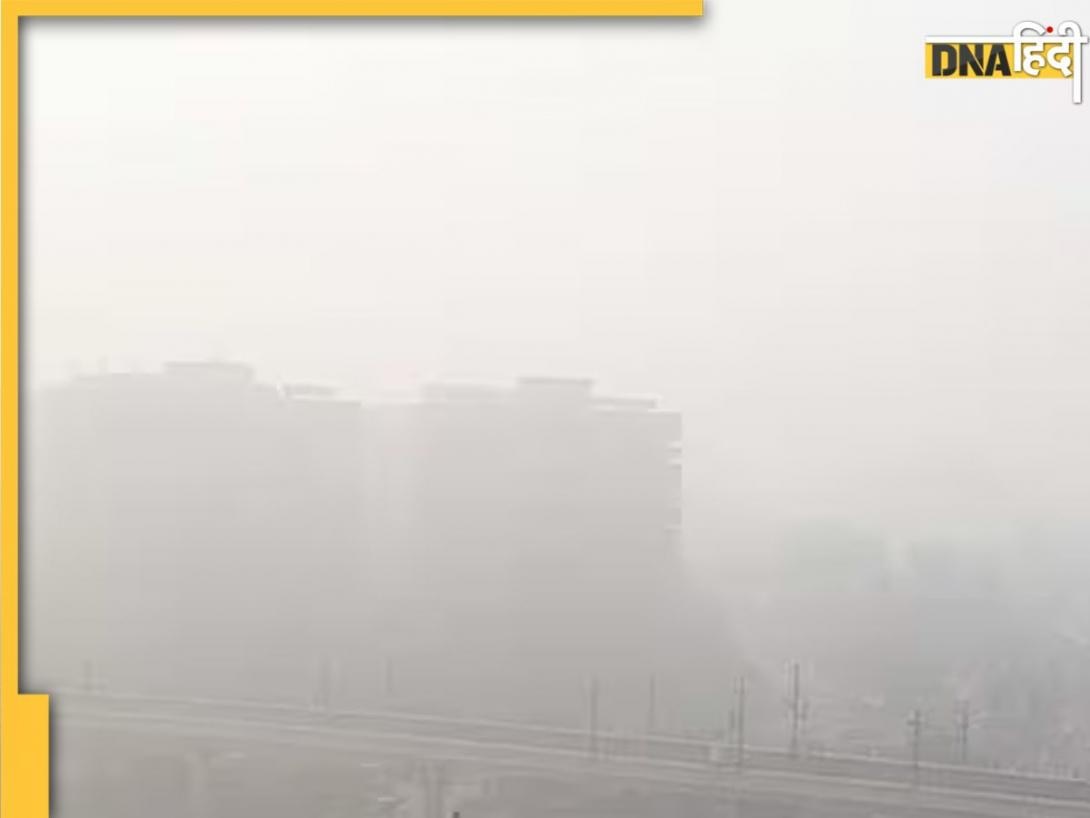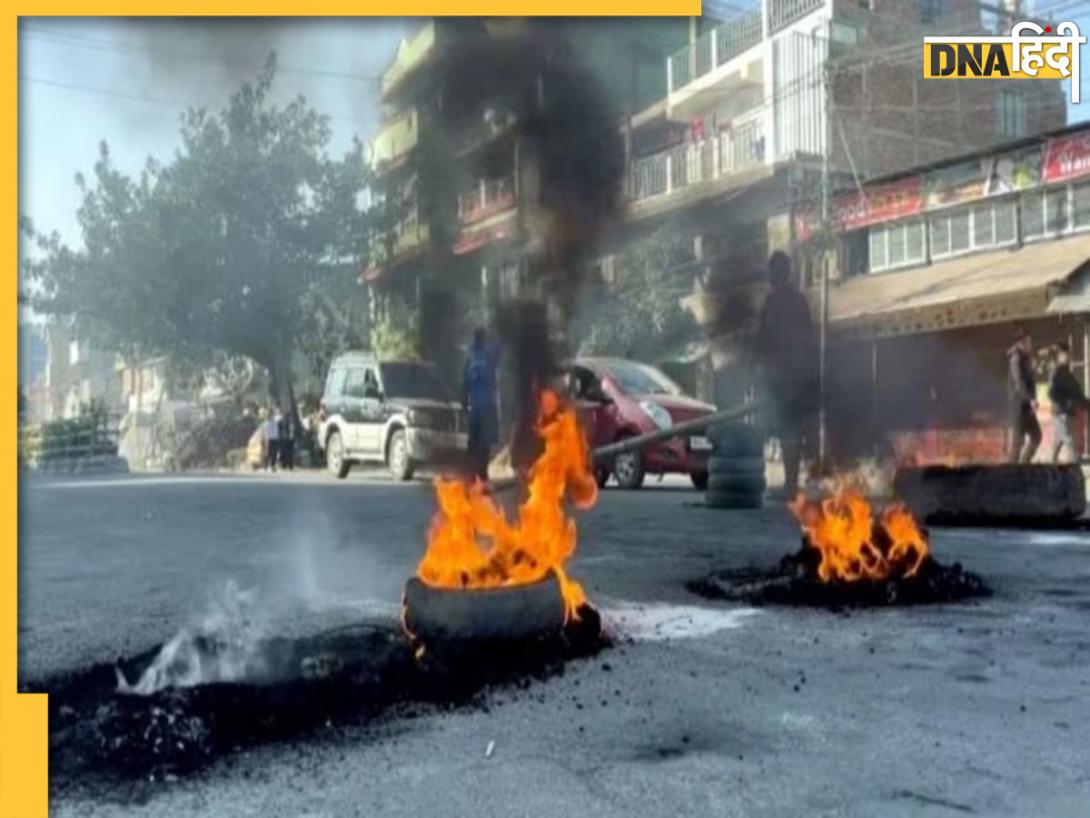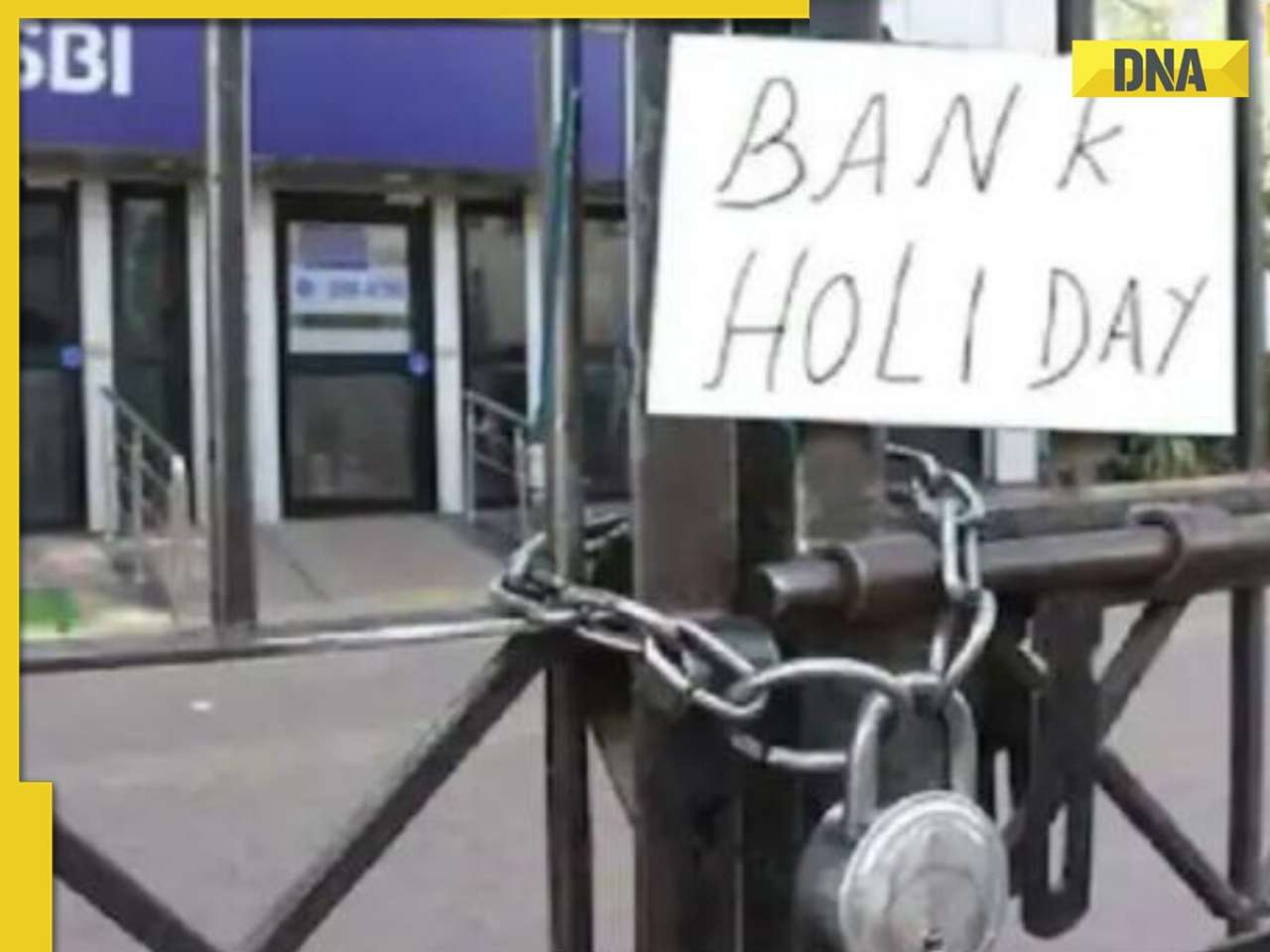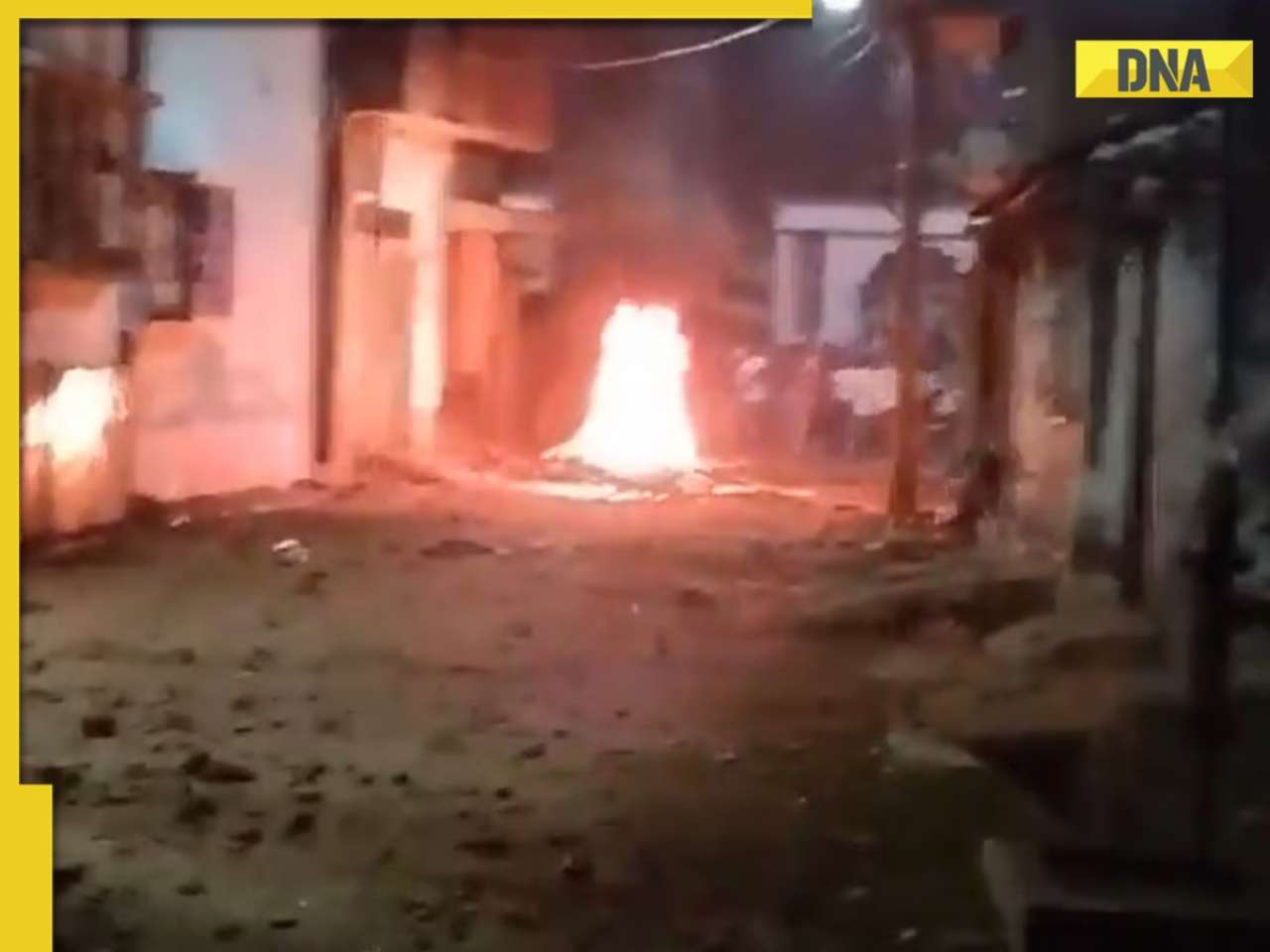- LATEST
- WEBSTORY
- TRENDING
INDIA
Who is GN Saibaba? Why was he arrested and now released?
GN Saibaba's full name is Gokarakonda Naga Saibaba. He was born in East Godavari in Andhra Pradesh.
TRENDING NOW
GN Saibaba, a 52-year-old teacher in Delhi, has been acquitted by the Bombay High Court. The court ordered that he be released from jail and observed the order issued to prosecute him under UAPA was "bad in law and invalid". He was arrested in 2014 over alleged links with the Maoists.
Who is GN Saibaba?
GN Saibaba's full name is Gokarakonda Naga Saibaba. He was born in East Godavari in Andhra Pradesh. He is wheelchair-bound since he was five years old when he contracted the polio virus. He is 90 percent physically handicapped. He used to teach English at Delhi University's Ram Lal Anand College.
Saibaba is also a human rights activist. In 2004, he joined Mumbai Resistance, a platform that represented 310 political movements. In 2005, he joined the Revolutionary Democratic Front (RDF) which was banned by the Andhra Pradesh government in 2012. He also opposed the Central government's Operation Green Hunt in 2009.
He was arrested in 2014 over alleged links with the banned Maoists. He was released on bail on medical grounds and rearrested in July 2015. He was released on bail again by the Supreme Court in 2016.
He was sentenced to life imprisonment in March 2017.
Saibaba has maintained that he wasn't running a front for the Maoists and had no links with them.
He was sacked from Delhi University college in 2021.
What court said while acquitting GN Saibaba?
GN Saibaba was convicted of waging war against the country by indulging in anti-India activities with the Maoists. Sanction to prosecute the accused under the UAPA was granted in 2014 against the five accused, who were arrested first, and against Saibaba in 2015. The court said in 2014 when the charge sheet was filed against other accused in the case, there was no sanction to prosecute Saibaba under the stringent UAPA act.
The court said the sanctions were null and void in the absence of a valid sanction.
"...a civil democratic society can ill afford sacrificing the procedural safeguards legislatively provided, which is an integral facet of the due process of law, at the altar of perceived peril to national security," the judgment said.
"We unhesitatingly hold that the sanctioning authority paid lip service to the legislative mandate and the report of the appointed authority was sought, and unfortunately given as a ritualistic formality. The transgression of the legislative imperative renders the sanction order bad in law and hence invalid," the court added.
The court said any departure from the due process of law fosters an ecosystem of terrorism.
With inputs from PTI







)
)
)
)
)
)
)
)
)
)
)
)
)
)
)
)








